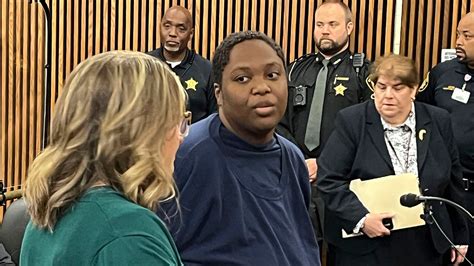A peaceful morning turned into a nightmare in the Bavarian city of Aschaffenburg when tragedy struck at Schöntal Park. The tranquil green space, usually buzzing with laughter and play, was marred by a senseless act of violence that claimed the lives of two individuals – a two-year-old toddler and a 41-year-old man.
As news of the stabbing spread like wildfire through the quaint German town, shock and disbelief gripped its residents. How could such horror unfold in their midst? The culprit behind this heinous crime was swiftly identified as a 28-year-old man from Afghanistan. Reports indicated that he had a troubled history marked by mental health struggles.
The park, once synonymous with leisurely strolls and family picnics, transformed into a crime scene enveloped by flashing police lights and caution tape. Two other victims were rushed to the hospital, fighting for their lives against the brutality they had endured. The community reeled from the viciousness that shattered their peace.
Markus Söder, Bavaria’s state premier, minced no words in condemning what he described as a
“cowardly and despicable act.”
His voice echoed the sentiments of an entire nation grappling with yet another senseless loss of life. Such incidents have become all too familiar in Germany in recent times, leaving scars on hearts already weary from repeated blows.
Amidst the grief and outrage swirling around Aschaffenburg, questions hung heavy in the air like an impending storm. What drove this unthinkable violence? Was it merely an isolated incident or part of a larger narrative playing out across the country’s social fabric?
Authorities scrambled to piece together clues amidst the chaos following the attack. The clock ticked as investigators delved into every detail surrounding that fateful morning at Schöntal Park. The suspect’s background raised eyebrows – residing in asylum seeker accommodation added layers to an already complex situation.
Chancellor Olaf Scholz’s firm denouncement labeled the incident as an
“unbelievable act of terror.”
His call for answers resonated with citizens wearied by recurring acts of violence staining their communities red. With federal elections looming on the horizon, political tensions simmered beneath widespread calls for accountability and action.
Germany found itself at a crossroads where debates over immigration policies collided with raw emotions stirred by tragedy after tragedy. Each incident chipped away at societal trust while propelling hardline stances to prominence within political discourse. The looming election cast a long shadow over decisions made in response to these grim events.
In times like these, pain united communities even as it tore them apart. As voices clamored for justice and change reverberated across cities and towns far beyond Aschaffenburg’s borders.





Leave feedback about this